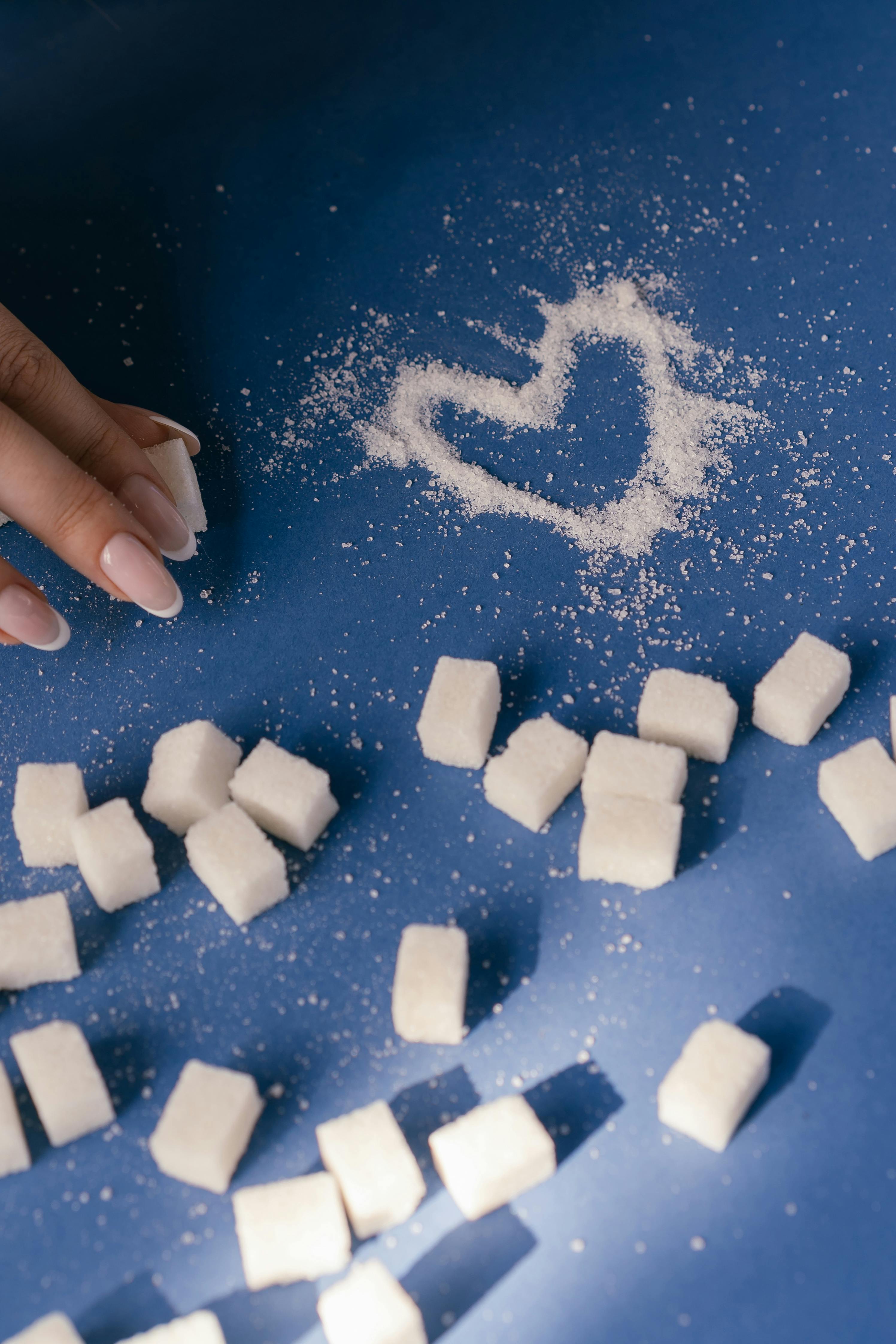Imagine this: You’re enjoying your usual breakfast—fried eggs, buttered toast, and a cup of sweetened coffee. Everything seems fine, until one day your doctor tells you that your cholesterol is too high. You’re shocked—how did this happen?
High cholesterol is often called the "silent killer" because it doesn’t show obvious symptoms, yet it increases the risk of heart disease and stroke. According to the World Health Organization (WHO), one-third of ischemic heart disease cases worldwide are linked to high cholesterol levels. Unfortunately, many people don’t realize that their daily habits are the biggest culprits.
Let's explore the common habits that unknowingly raise your cholesterol and how to avoid them.
1. Consuming Too Much Processed and Fried Food
Do you find it hard to resist fried snacks or fast food? Unfortunately, these foods are high in trans fats and saturated fats, which can increase bad cholesterol (LDL) in your body.
- Trans fats are artificially created fats found in chips, biscuits, margarine, and fast food. They increase LDL (bad cholesterol) while reducing HDL (good cholesterol), leading to clogged arteries.
- Saturated fats are commonly found in red meat, butter, cheese, and full-fat dairy products and can also contribute to high cholesterol.
📊 Data: According to the American Heart Association (AHA), consuming trans fats increases the risk of heart disease by 21% and the risk of heart disease-related death by 28%.
Solution:
✔ Reduce fried and processed foods.
✔ Replace regular cooking oil with healthier options like olive oil or coconut oil.
✔ Choose healthier cooking methods such as steaming, boiling, or baking.
2. Leading a Sedentary Lifestyle
In today’s world, many people spend hours sitting in front of screens—whether at work, watching TV, or scrolling through their phones. But did you know that lack of physical activity can raise cholesterol levels?
When you don’t move enough, your metabolism slows down, leading to fat buildup in the blood. This increases LDL (bad cholesterol) and lowers HDL (good cholesterol), which is essential for removing excess cholesterol from the body.
📊 Data: A study from Harvard Medical School found that physically inactive people are twice as likely to develop cardiovascular diseases compared to those who exercise regularly.
Solution:
✔ Walk at least 30 minutes a day.
✔ If you work at a desk, set an alarm to stand up and move every hour.
✔ Engage in simple exercises like yoga, swimming, or cycling to keep your cholesterol in check.
3. Eating Too Much Sugar and Refined Carbs
- Refined carbs like white rice, white bread, and processed pasta spike blood sugar levels, causing a surge in insulin. This stimulates fat production in the liver, increasing triglycerides and bad cholesterol.
📊 Data: A study published in the Journal of the American Medical Association (JAMA) found that individuals who consume more than 10% of their daily calories from added sugars are nearly three times more likely to develop heart disease.
Solution:
✔ Cut back on sugary drinks and processed foods.
✔ Opt for complex carbs like brown rice, whole grains, and sweet potatoes that provide fiber and stabilize blood sugar.
✔ Read nutrition labels carefully to check for hidden sugars in packaged foods.
4. Smoking and Excessive Alcohol Consumption
Smoking is harmful not just for the lungs but also for cholesterol levels. The nicotine in cigarettes damages blood vessels, making it easier for cholesterol plaque to build up.
On the other hand, excessive alcohol consumption can increase triglyceride levels, leading to inflammation and arterial blockages.
📊 Data: According to the Centers for Disease Control and Prevention (CDC), smokers have a 70% higher risk of developing high cholesterol compared to non-smokers.
Solution:
✔ If you smoke, consider quitting—there are many support programs available.
✔ Limit alcohol intake or avoid it altogether.
✔ Eat antioxidant-rich foods like leafy greens and berries to help repair the damage caused by smoking.
5. Lack of Sleep and High Stress Levels
Did you know that poor sleep and chronic stress can increase cholesterol?
Lack of sleep leads to hormonal imbalances, causing an increase in cortisol (the stress hormone). High cortisol levels stimulate the production of fats in the liver, which raises bad cholesterol and triglycerides.
📊 Data: A study from the National Institutes of Health (NIH) found that people who sleep less than six hours per night are at a significantly higher risk of high cholesterol compared to those who get 7-8 hours.
Solution:
✔ Aim for 7-9 hours of sleep per night.
✔ Manage stress through meditation, exercise, or engaging in hobbies.
✔ Avoid unnecessary late nights and establish a consistent sleep routine.
Final Thoughts
High cholesterol is often a result of daily habits we overlook. By adopting a healthy diet, staying active, quitting smoking, reducing alcohol intake, and prioritizing sleep and stress management, you can lower your cholesterol levels and protect your heart health.
Don’t wait for a doctor's warning! Start making small, positive changes today.
💡 Which habit are you ready to change? Share your thoughts in the comments! 🚀






